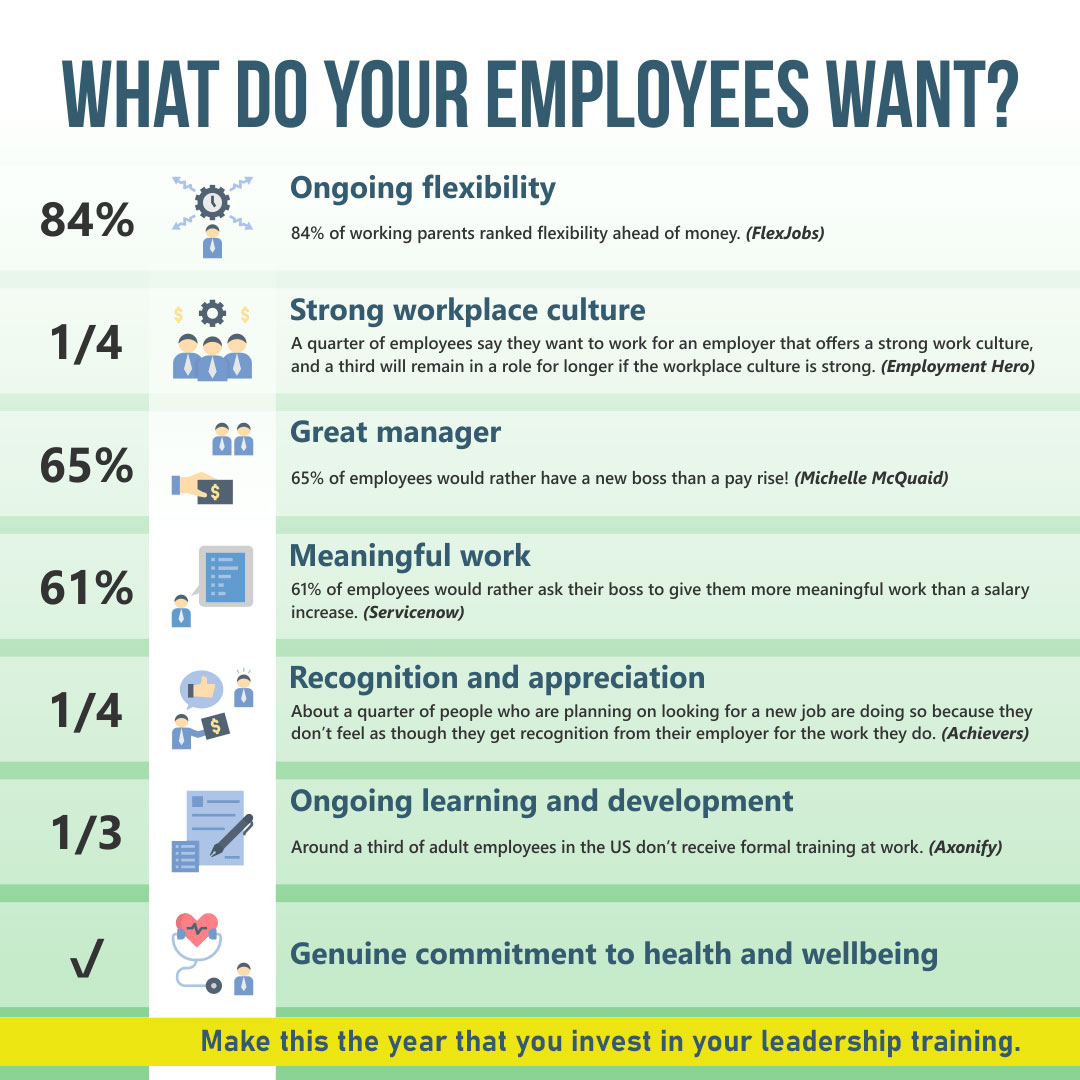December 15, 2020 | by David March.
In America, we are currently in a time of transition. We’re practicing social distancing and remaining in quarantine, given the time to reflect, many of us have asked ourselves if we are fulfilled by our careers, developing new skills, going back to school, or taking classes to learn new skills.
During this time, I have been taking various masterclasses and programs as I enjoy learning new things and sharpening my skills as well. Through my studies and life experiences, I discovered the difference between mentoring and coaching to be very interesting. Although the necessary skills for each are similar, and they are both applied to career development in professional settings, the challenge regarding their compositions and results differ. For instance, mentoring is typically free, and coaching is what you pay for.
To understand this, think of any major world religion; they typically have a mentor in their faith. This can be the senior leader, sensei, the enlightened teacher, pastor, priest, etc. They are free of charge, offering their guidance and support to anyone who needs it.
For example, in Mahayana Buddhism, we have a sensei who vows to promote peace, culture, and happiness for all individuals. Listening to him speak feels inspiring, and his teaching gives me guidance on how to develop my faith. His message focuses on turning poison into medicine and looking at our difficulties as ways to strengthen our determination.
Mentors are so-called “free” based on contribution, similar to the idea in ministry work with tides and offerings.However, they do not get on a one-on-one phone call and coach you through your day-to-day struggles. It is up to you to make the connections and apply them in the way that best suits the situation.
Mentoring is spreading a message and gaining a following based on generic message that appeals to the masses. The message can be interpreted differently and applied “as needed” depending on what the individual seeks from the mentor.
Mentoring vs Coaching in the Workplace
I find that I am in a mentor mindset when working with others on my team. Not only do I pay them with money, but I also provide them my time to nurture them and align our vision for future growth. The real currency is in the conversations we have when establishing unity in our actions. This constant communication concerning not only my business’s growth but their professional growth as well is crucial to a thriving work environment.
Typically, if a boss has no strong desire to grow their employees professionally, or they aren’t investing in training programs to advance their employee’s development, their employees will become less engaged, sensing the company’s lack of care regarding their growth. Worst of all, a careless boss will establish an ego-driven atmosphere, where everyone will compete against one another. This kind of competition in the workplace is typically not productive because it weakens cooperation and can suppress teamwork.
When everyone is out to better themselves and willing to step on others to do so employees can feel frustrated or angry.
Leadership can be tricky this way as I have explained in a previous article about old-school bosses. Old school bosses usually want others to understand methods that they themselves do not understand. They want employees to be proactive on a task with minimal guidance and minimal tools and when ideas are given to make the process better they are accustomed to saying no and relying on what’s tired and true, exhibiting the “it’s not broken why fix it” mentality.
For today’s leaders, the best way to motivate others is to lead by displaying care and concern. This includes putting the time into understanding a topic before teaching it to others, and looking to develop an individuals or team performance with tools and training instead of immediately going to “that’s one strike, two strikes, three strikes and your out”
When leaders show in their actions and behaviors genuine care regarding their employee’s growth, it, in turn, causes employees to become motivated in the workplace and appreciated too, which creates an environment flourishing with employees succeeding in their efforts.

Let’s talk about mentorship in modern-day business:
Your mentor at work typically is the one who provides the initial on-the-job training, this can be a manager, supervisor, senior employee, or the owner. This is where a knowledgeable employee offers guidance and leadership to an inexperienced employee. A great deal depends on the mentor you have if you are going to be successful in that position.
Is this mentor eager to share their relevant knowledge?
Are they concerned if they tell you the so called “tricks of the trade” they will train themselves out of a job?
Are they instructing you with care and consideration?
The one receiving such guidance should be obtaining beneficial experience from their mentor that is more than just the fundamentals of the job. Ideally, this training will accelerate your growth.
Mentorship is vital in every workplace, and ideally every company should construct a mentor arrangement.
It also stands to reason that if a company is providing some sort of formal training, it can help that company improve employee retention. Why? Companies that pay for professional development or have a mentorship arrangement set up show that they care about their workers’ career paths, which can make them more loyal.
The revolving door approach to hiring new employees is an expensive loss for companies. It decreases efficiency and increases on-boarding and preparation costs to train the next employee. With one-on-one teamwork, a new hire will feel more comfortable and involved in the workplace.
With all this in mind, let’s explore coaching:
Coaching is different. Coaching is tailored to an individual rather than an employer or a company’s goals. Think of a coach as someone who isn’t:
- In your social circle
- A colleague
- A part of your immediate family
- A business partner
- An investor in a company
A good coach can understand things about you that other people don’t see, because they see you in a different light. Coaching is predicated on finding out what you want, and what will serve you best. Perhaps you’re uncertain about what your next career step should be or how to attain a seemingly out-of-reach goal. No worries! A coach’s job is to help you find your way and to see past the blind spots that might be holding you back,
For an example of this, look at my coaching agreement with my coaching clients.
“Coaching takes the form of a structured alliance that helps bring out the best in the client and helps the client create, design, and live the life they want to live. The client understands that the power of the coaching relationship is in the synergy (or teamwork) that we share. If the client is not honest or straightforward about the objectives, resources, goals, feelings he or she wants to obtain or achieve, the coaching partnership will not be as powerful as it can be.”
The coaching agreement lays out the expectations fundamental for successful results, without straightforward honesty, the synergy is compromised, and optimal performance is limited.
As a coach, I want every interaction we share to be as beneficial as possible. I want to help you to unveil any rewarding opportunities that come along your way. The most important piece of being on the receiving end of coaching is to assume a seeking spirit.
You get out what you put in. This means bring your questions and get involved–your participation significantly aids the coaching process.
If the participation is low, you can expect a limited result.
As intimidating as it may be to transition into a new profession right now, take this worldwide calamity as an opportunity to discover your true self and what you genuinely want.
When you have it in mind, schedule a career coaching call with me and let’s talk about it.
GET MY FREE TRAINING
Access resume-writing, career and personal development insights, straight to your inbox
Your information will be used in accordance with our Privacy Policy

